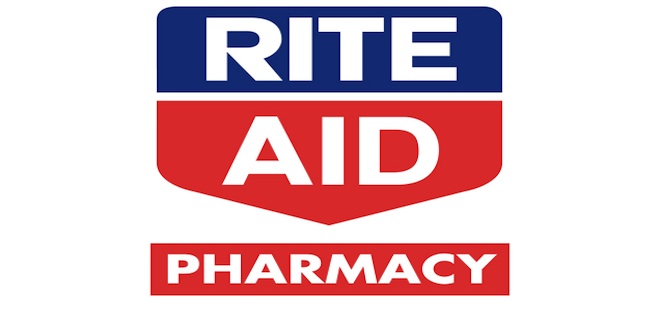PENNSYLVANIA — A former Rite Aid vice president and a New Jersey businessman plead guilty to federal charges stemming from a $29.1 million surplus inventory sales-kickback scheme, according to officials.
Rite Aid is a publicly-owned national drug store chain with its headquarters located in Camp Hill, Pennsylvania.
During a hearing before U.S. District Court Judge John E. Jones III on Tuesday, Jay Findling, age 54, of Manalapan, New Jersey, plead guilty to an Information charging him with Conspiracy to commit Wire Fraud, officials said.
In a separate proceeding held earlier on Tuesday, officials said former Rite Aid Vice President Timothy P. Foster, age 65, of Portland, Oregon, plead guilty to the same Information charging him with False Statements to Authorities.
Both charges are punishable by up to five years’ imprisonment and a $250,000 fine.
According to federal officials, Foster and Findling were alleged involved in nine year conspiracy to defraud Rite Aid, a publicly-owned national drug store chain with its headquarters located in Camp Hill, Pennsylvania. The scheme was done through a surplus inventory sales scheme that took place between 2001 and 2010, officials said.
As the Vice President for Quality Assurance, Foster’s primary responsibilities at Rite Aid involved the liquidation of surplus Rite Aid inventory across the country.
During the time period in question, Foster worked for Rite Aid in Oregon.
According to the criminal information, Findling’s and Foster’s scheme succeeded by making Rite Aid believe its surplus inventory had been sold to Findling’s company, J. Finn Industries LLC, for amounts reported by Foster when, in fact, the inventory had been sold to third parties for greater amounts.
Findling would then kick back a portion of his profits to Foster.
The scheme allegedly started in 2001 and continued until February of 2010 when Foster resigned from Rite Aid.
According to the criminal information, here are the facts and circumstances surrounding this case:
- Findling established a bank account in New Jersey under the name of “Rite Aid Salvage Liquidation.”
- The account was used by the two conspirators to collect the payments submitted by the real buyers of the surplus Rite Aid inventory.
- After the payments were received, Findling sent lesser amounts dictated by Foster to Rite Aid for the goods, thus inducing Rite Aid to believe the inventory had been purchased by J. Finn Industries, not the real buyers.
- Findling received at least $87.4 million from the real buyers of the surplus Rite Aid inventory but, with Foster’s help, only had to tender $72.8 million of that amount to Rite Aid, leaving Findling approximately $14.6 million in profits from the scheme.
Foster knowingly and willfully lied when he was interviewed by FBI agents in January 2014 and denied he conspired with Findling to defraud Rite Aid.
Foster later recanted his false statements when he was re-interviewed by the FBI in May 2014.
During that interview, officials said Foster not only admitted he conspired to defraud Rite Aid with Findling, he voluntarily surrendered $3 million in cash kickbacks that Findling had paid Foster over the life of the conspiracy.
Both of the plea agreement made by Findling and Foster will have to be approved by a federal court judge.
The plea agreements require the defendants to cooperate with the government and to pay restitution to Rite Aid as ordered by the court.
Findling’s plea agreement also obligates him to make a $11.6 million lump sum forfeiture payment to the government at the time he enters his guilty plea.
The date when the two go back to court to enter guilty pleas has not yet been set, according to authorities.

